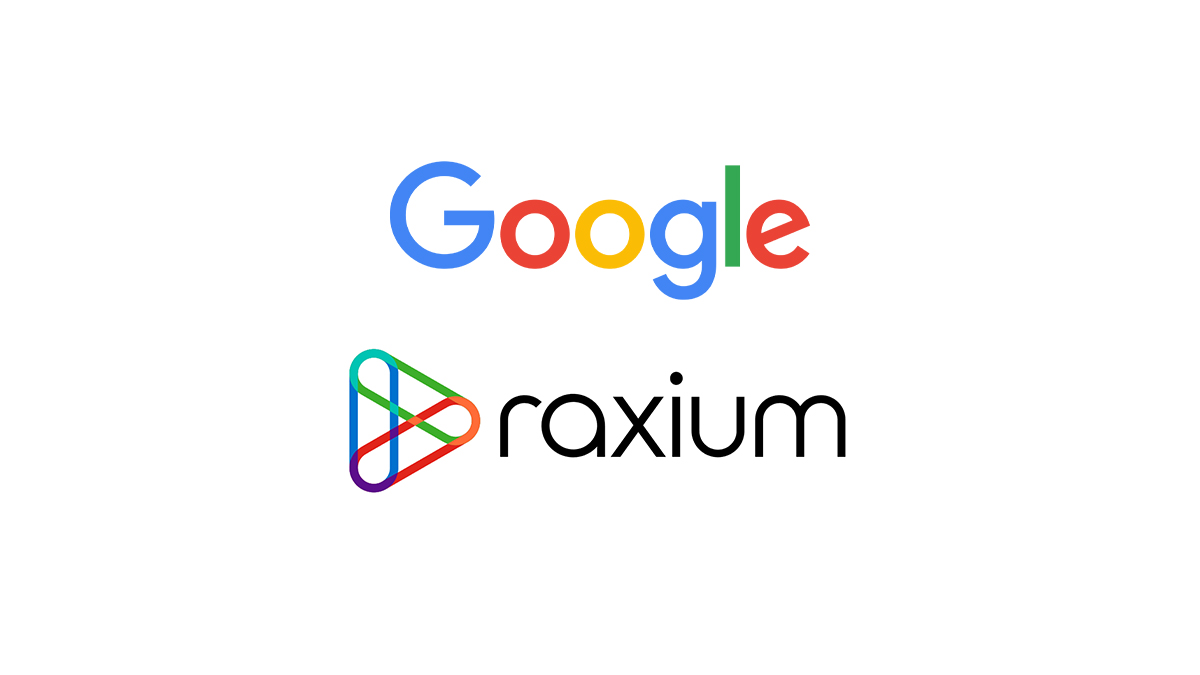

Today, Google hardware chief Rick Osterloh announced the company’s acquisition of Raxium, a five-year-old tech startup with MicroLED technology that could be critical in developing a new generation of augmented, virtual, and mixed reality headsets.
When the relevant information was first flagged up in Google’s Raxium acquisition last month, it noted that MicroLED technology could be useful for creating AR displays that are more energy-efficient than other solutions while remaining colorful. Furthermore, Raxium is working on “monolithic integration” for microLEDs, which, according to The Info, will indeed help make them from the same silicon used in most processors, potentially driving down the price considerably. Oppo, Apple, and Vuzix are among the other companies working on MicroLED AR hardware.
This brings confirmation that Google’s coming big AR move is getting closer: the company previously bought the glasses maker North in 2020 and is also supposedly employing developers to design a virtual reality operating system. In January, we managed to learn that Google Labs is beginning to develop an augmented reality headset titled “Project Iris” under the same administration as the Project Starline high-resolution video chat trial version shown at last year’s I/O event.


Rich Osterloh, Senior Vice President, Devices & Services, Google, said,
Today we’re announcing that Google has acquired Raxium, an innovator in single panel MicroLED display technologies. The team at Raxium has spent five years creating miniaturized, cost-effective and energy efficient high-resolution displays that have laid the foundation for future display technologies. Raxium’s technical expertise in this area will play a key role as we continue to invest in our hardware efforts.
Raxium is based in Fremont, California and will join Google’s Devices & Services team. We’re thrilled to have the team at Raxium on board to help further our goal of building helpful devices and services to improve people’s daily lives.
